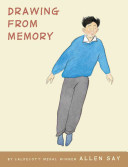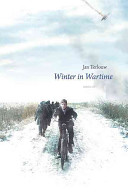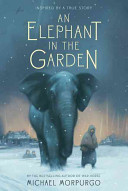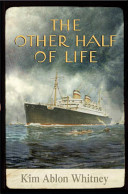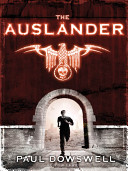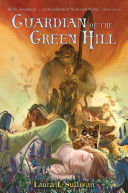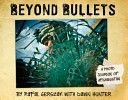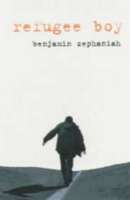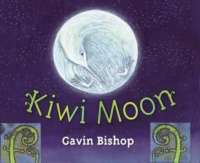
Created by well-known children’s writer and illustrator Gavin Bishop, this is the story of a little white kiwi. When he is born his mother doesn’t recognise him because he’s not brown. Little Kiwi looks to the moon as his mother instead because it is white and bright and round. In the background of this story we see the changing times of a nearby pa. Through illustrations only we see intertribal warfare, the death of the chief, English soldiers arriving and then the burning of the pa. This fire spreads and the two stories become one as the white kiwi’s habitat is razed to the ground.On the surface this is a very simple story but it also contains themes of intertribal warfare, European colonisation of New Zealand, Maori/Pakeha relations, and conservation. There is a lot to savour on each page – with Gavin’s stunning illustrations of the main kiwi story, the on-going images of the pa, plus close-ups of insects and plants.

